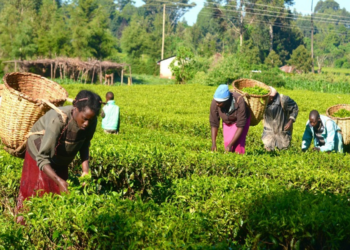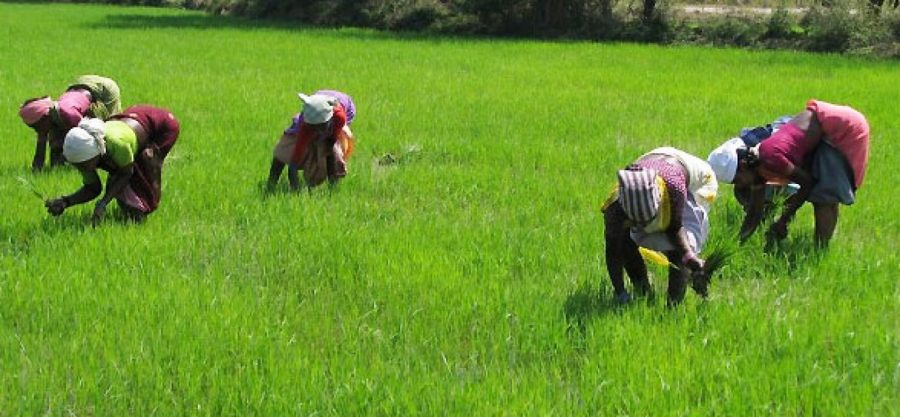The Minister of Agriculture and Food Security, Sen. Abubakar Kyari, has expressed his willingness to collaborate with the International Fund for Agricultural Development (IFAD) in an effort to enhance food security within the country.
This announcement was made during a meeting between Kyari and the Country Representative of IFAD, Mrs. Dede Ekoue, in Abuja on Wednesday.
The collaboration aims to strengthen food security, as well as address challenges such as rural poverty, job creation, and poverty eradication in alignment with President Bola Tinubu’s Renewed Hope Agenda.
Kyari underscored the significance of this partnership, given the challenges Nigeria faces, including insecurity, flooding, and climate change, which have adversely affected agricultural yields.
He emphasized the importance of international support to ensure food availability for the Nigerian population, with four out of eight key agenda items of President Tinubu dedicated to food security.
- In his words, “Since 1985, IFAD has been Nigeria’s trusted partner for reducing rural poverty.
- “President Bola Tinubu is committed to his Renewed Hope Agenda to implement programmes and policies that will enhance food security, job creation and poverty eradication.
- “To achieve these, the President declared a state of emergency on food security.”
IFAD’s enduring impact and future prospects
Expressing gratitude for IFAD’s support and the opportunities it has offered to Nigeria over the years, Kyari welcomed contributions and assistance from international partners to address these challenges. Mrs. Ekoue, the IFAD Country Representative, commended the existing cooperation between the Ministry of Agriculture and IFAD on various fronts, expressing satisfaction with Nigeria’s commitment to food security.
She highlighted the long-standing partnership between Nigeria and IFAD, which began in 1985 and has contributed to food security through support for small-holder farmers.
Ekoue’s visit aimed to reaffirm IFAD’s dedication to food security and introduce a new cooperation strategy that guides investments and collaboration.
Opportunities for Nigeria include advancing technology and mechanization, promoting women’s participation, integrating animal husbandry, and enhancing private sector contributions to food systems, among other initiatives.























